I never feel particular guilt about wormholes. Sure, they take you off to places you had no intention of visiting until you emerge an hour later, slightly breathless, full of new found facts and images you have no real idea what to do with. Maybe a large part of substack is really a depository for people’s wormholes, or at least that is what mine feels a little like, which I’m okay with. So here are a few I went down this week.
An Agri-Bloomsbury Intersection
I’m pretty delighted with my wormhole this week, which focuses around two women whose names I had never before heard. Gabrielle and Louise Howard were sisters, although they shared that surname not because it was the one given to them at birth but because they were both married to the same man (probably important to clarify: NOT AT THE SAME TIME).
Gabrielle Howard married Sir Albert Howard in 1905. She was a botanist and, as seems so often to be the case, his work, including his seminal 1940 book, An Agricultural Testament - which is still in print - was interwoven, influenced and co-created with hers, even if it is most probably his name, not hers, that those who are interested in agro-ecological farming will have come across.
The whole organic farming collective of the 1930s is a pretty cool subject. A kind of agricultural Bloomsbury set, it was made up of well-connected colourful characters who tried - and failed - to argue that unless we farm in a way which works with natural systems and not against it, we will bring about our downfall. They published books and papers, conducted research and trials, and travelled the world collating examples of methods used in productive farming systems which cared for their soils,.
Gabrille Howard travelled to India with her husband when he was sent there to ‘teach’ the local populace how to farm and quickly realised, having seen the abundant, disease free crops - that she should probably set about doing the opposite. As well as the trials and experiments she conducted with her husband, Gabrielle held her own status as the Indian Government’s botanist, overseeing the building of the Institute of Plant Industry and Indore.
She died, suddenly, in Genoa just before they were about to retire. A year later, Sir Albert married her sister Louisa, who was already a published proponent of the kind of organic farming methods Albert Howard had become convinced by. After he died in 1947, she founded the Albert Howard Foundation, which then merged with the Soil Association in 1953.
But this, friends, is why I really love a wormhole. It turns out that Louise was thought to be the inspiration for the character of Miss Kilman in Virginia Woolf’s novel, Mrs Dalloway. In 1918, Louise had been Virginia’s husband - Leonard Woolf’s - assistant.
…Miss Kilman would do anything for the Russians, starved herself for the Austrians, but in private inflicted positive torture, so insensitive was she, dressed in a green mackintosh coat. Year in year out she wore that coat; she perspired; she was never in the room five minutes without making you feel her superiority, your inferiority; how poor she was; how rich you were; how she lived in a slum without a cushion or a bed or a rug or whatever it might be, all her soul rusted with that grievance sticking in it, her dismissal from school during the War – poor embittered unfortunate creature! For it was not her one hated but the idea of her, which undoubtedly had gathered into itself a great deal that was not Miss Kilman; had become one of those spectres with which one battles in the night; one of those spectres who stand astride us and suck up half our lifeblood, dominators and tyrants; for no doubt with another throw of the dice, had the black been uppermost and not the white, she would have loved Miss Kilman! But not in this world. No.
Mrs Dalloway by Virginia Woolf
It reminds me of that phrase ‘be nice to me or you’ll end up in my novel’. And it’s impossible not to want to put a different colour on the character assassination once you know she’d been the author’s husband’s assistant.
But it also makes me wonder - in Woolf’s inimitably sharp exposure of how exhausting it is to be in the presence of pious earnestness - whether some in the Agricultural-Bloomsbury Set had something in common with some within the moden organic movement who, in their judgemental worthiness, I have seen end up alienating many they could instead have got on side. Mostly though, the idea of the actual literary Bloomsbury set overlapping with my fantasy of an agricultural Bloomsbury set gives me all the feelings.
The reason that coming across this wormhole nugget made me do a fist bump was the serendipitous coincidence that the 14th May this year marked a hundred years since the publication of Mrs Dalloway. Little Toller books have published a pretty gorgeous 100th Anniversary edition with the original cover, painted by Virginia Woolf’s sister, Vanessa Bell. A whole century since that opening line - ‘Mrs Dalloway said she would buy the flowers herself’ - went right up there in the list of ways to start a book which in a few words tell you so much about the character and the story you are about to read without ever really trying.
So the wormhole wove full circle. I hope you’re just a little bit as pleased about that as I am.
(By the way, the scientist Hannah Fry did an excellent instagram series where she looked at the contribution Einstein’s first wife, Mileva Maria, made to her husband’s work before they divorced which had been whittled out of history. Then I read Wifedom about George Orwell’s wife who, incidentally, wrote a fictional essay at university about a dystopian future where the state spies on everyone. Set in 1984. She wrote it before she met her future husband. So…).
The Lost Trees
On Monday I swung by to Nancy Cadogan’s new exhibition, The Lost Trees, at The Garden Museum in Lambeth - a secret oasis with a fascinating history. The museum lies within a deconsecrated church which was destined to be knocked down and turned into a a car park before a group intervened to save it and then found various precious relics buried underneath. It is the burial place of John Tradescant, considered to be Britains’s first great gardener and plant hunter, where his remains now lie in the museum’s garden within a huge highly decorated tomb built in 1662.
It is a powerful and moving exhibition I wrote about for the Financial Times here, which shines a (literal) light on beloved veteran trees which have been cut down, most often with official approval, in the name of progress. It is on for another month. Go have a look if you get the chance. They have even included a Map Of Trees for visitors to get the chance to record the tree they have loved and lost.
There is an accompanying book featuring acclaimed writers like Katherine Rundell and Dr Hannah Dawson who have written original works on a tree they have loved and lost.
Chelsea Arts Club
On Wednesday night I was the lucky guest of an artist friend to one of the last bastions of true eccentricity in London, The Chelsea Arts Club. Established in 1890, it is a Tardis of a building with a summer garden filled with the kind of people wondering past that make it really difficult to fully concentrate on what your companion is saying.
For the last forty years, every summer and winter members collaborate to paint a new mural on the outside of the building. This year it’s La Dolce Vita. Even if you aren’t friends with an artist who can take you inside, it is worth wondering past for a look.
This love poem by Leo Marks, which hangs in the ladies’ loos, always gets me hard.
Tipping Points of Change
All week the BBC Radio 4’s Farming Today has included a segment about wheat, in light of the struggles and challenges faced by farmers trying to grow the staple cereal after the driest spring in over a century (on the back of last year’s wheat harvest which was down 22% in the UK following the wettest of autumns since 1836 ).
I thought it was really well done and worth a listen if you’re interested in the workings of a food system whose realities are so misunderstood that people balk at paying £4.50 for a freshly baked loaf then trip around the corner and order a takeaway latte for £4.70 without blinking. Once you have been involved in the precarious process of planting seed in autumn and nurturing it through storms and sun until summer’s harvest, the idea of a 800g loaf of sliced bread fetching £1.36 on a supermarket shelf makes you struggle to find the right adjectives.
I suspect, though, that people who listen to Farming Today are probably already very alive to all this stuff (unless the programme is actually being listened to by office-based insomniacs who have it on as background noise whilst they do their early morning pull-ups).
That, then, is the real challenge. When a system is broken, how do you reach enough people, make enough noise, attract enough attention, to finally reach a tipping point of change. What has to happen before the status quo is forced to shift because those with the power to force it realise they must, either because their customers - or the law - is demanding it of them. It is something I have been thinking about for a long time. I have gone on many, many wormholes trying to work out if there is a formula for what must be in place.
Then, this week, the most perfect example of what happens when a tipping point is reached found its way onto the news. The Government announced it was proposing the banning of deep sea bottom trawling in vulnerable ocean habitats. But this, friends, is part of a way bigger wormhole - with all the twists and unexpected co-incidences and alignments you’d want - so those who’ve made it this far will be relieved I’m going to save it for its own post, dropping later this week.
Until then, I’ll just hold on the hope bit. It’s not easy. Many stars must align. But change is possible. And that’s something worth holding on tightly to going into a new week.

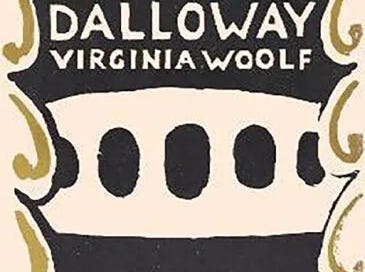


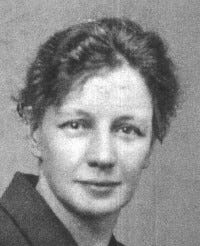
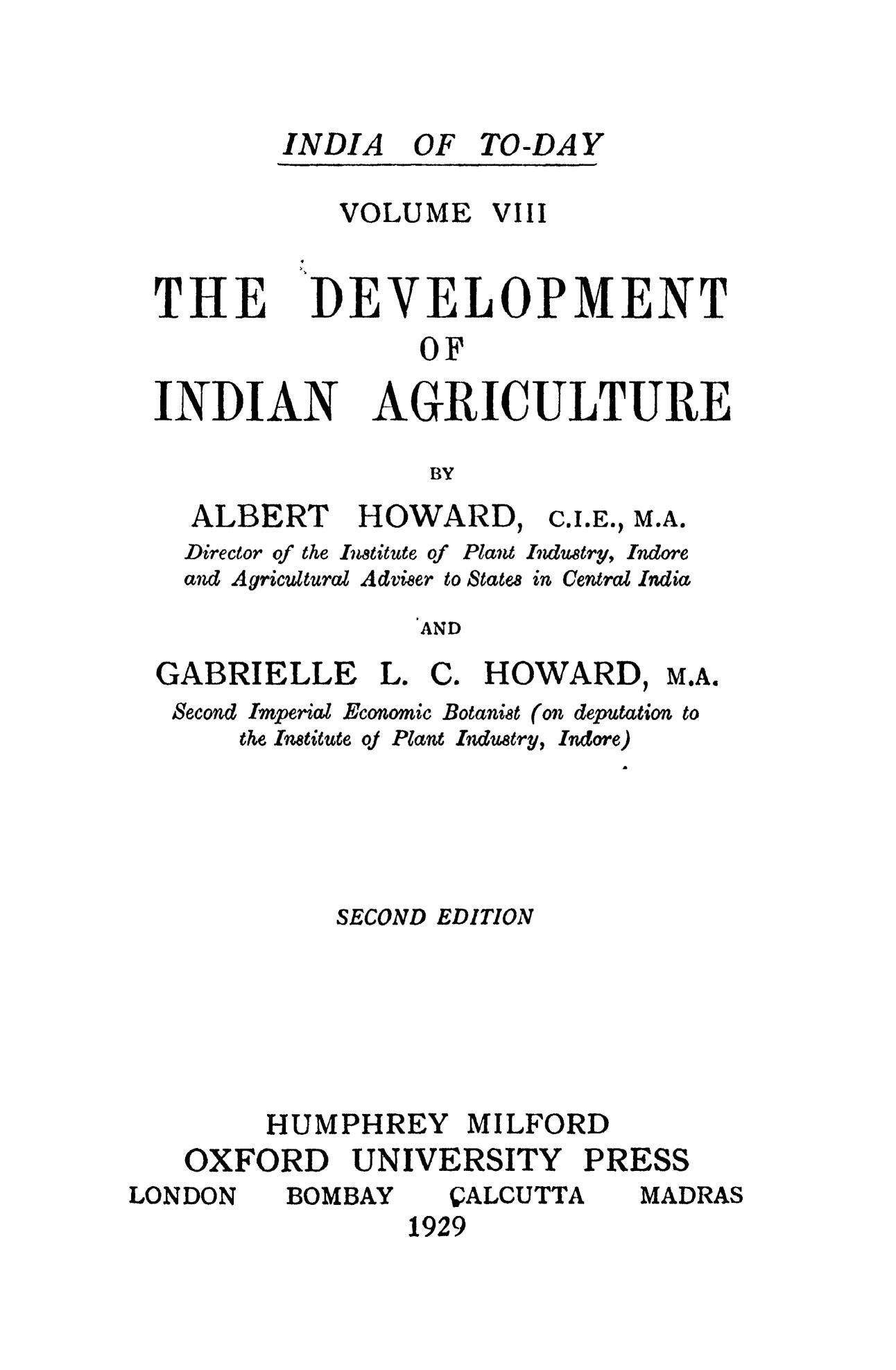

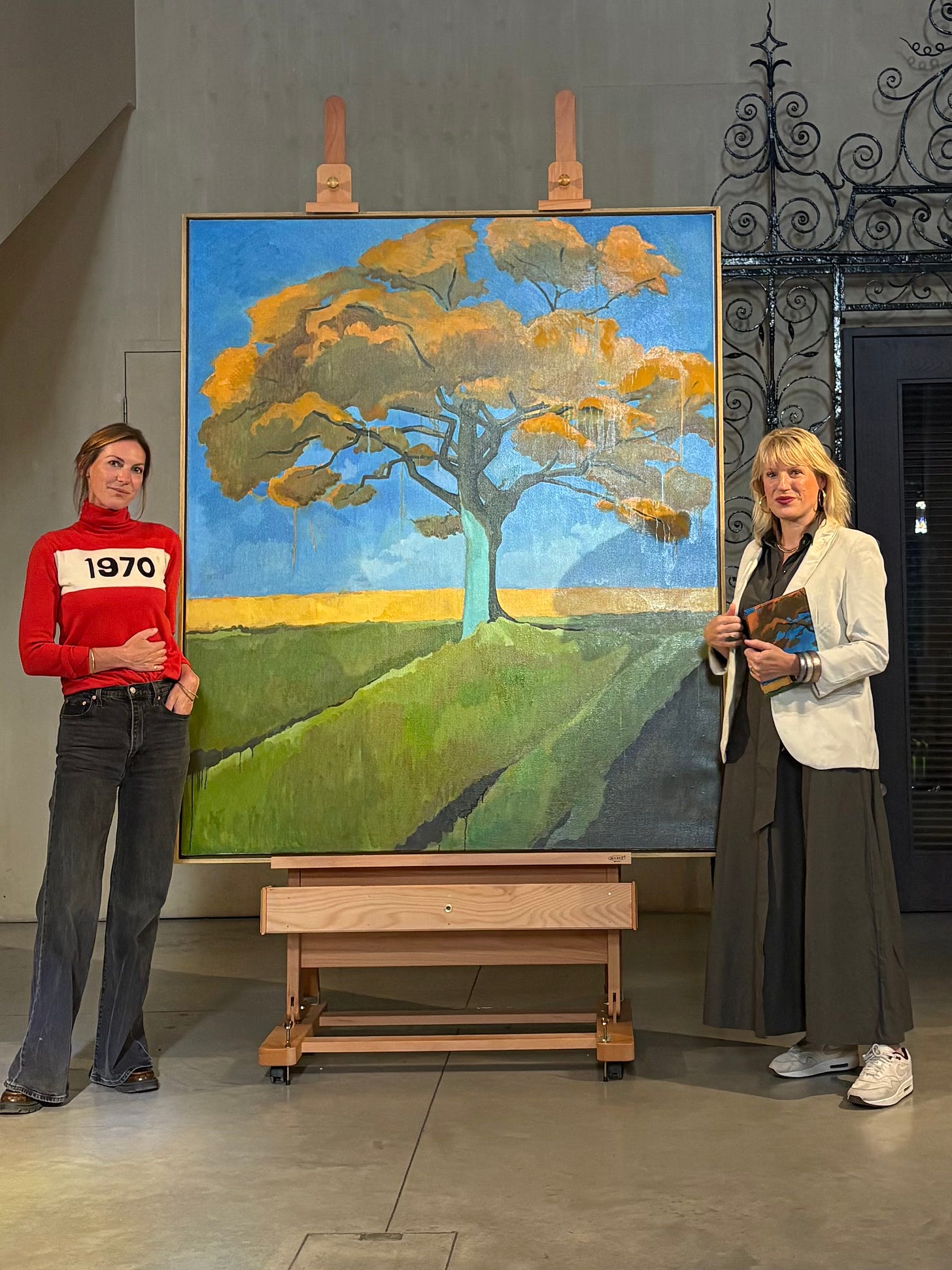


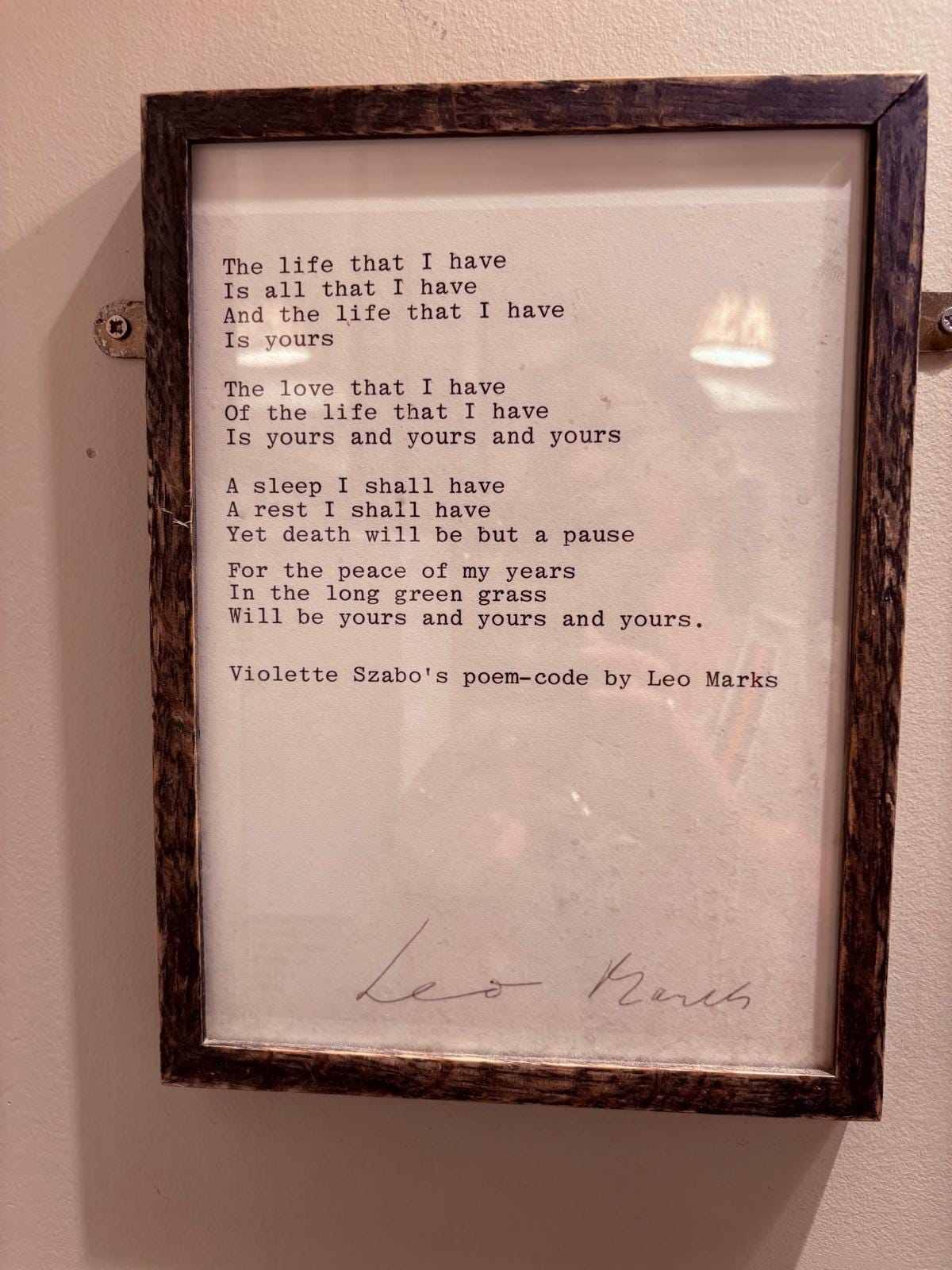
Wow, so much wormholery to wonder at here. After first snorting out loud; he what? Married her sister? After a YEAR?
I’ll listen to the FT episode and also can’t tolerate another reference to this Mrs Dalloway; I simply have to now read this book I keep hearing mention of everywhere.
The systematic erasure of sensible and longsighted agricultural practices under late stage capitalist policy, it makes me so desperately sad. Keep worm-holing.
Im sorry that Mrs D wormhole is amazing! I bought my anniversary copy and havnt yet read it but how interesting honestly! Will come back to this to read again after ive read the book- maybe then i will better understand the link you made with Miss K 🤭